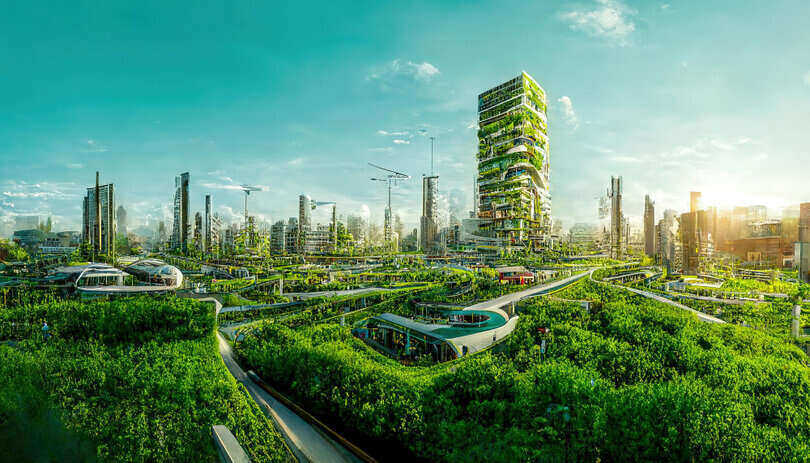“Sustainability” has become a buzzword in recent years, but what does it truly mean? At its core, sustainability is about creating a better future for our planet by reducing our impact on the environment. But how can we ensure that our actions today will lead to a sustainable future?
How different will our lives be when we’ve achieved true sustainability and carbon neutrality? We’ve all seen news articles about rising temperatures and increased air pollution. So, what does a sustainable future look like? And how will our day-to-day lives be affected? Here’s a glimpse into the possibilities that lie ahead.
Sustainable Development In The Present
With the increasing effects of climate change, sustainable development has become even more important. The concepts of sustainability are not limited to the environment but are also applicable to social, economic, and technological aspects.
In today’s world, many people are trying to lead a more sustainable lifestyle, from reducing their carbon footprint to investing in green energy solutions. It’s easier than ever before to make an impact on the planet.
Besides, the guidelines set by the UN give one a framework to work on when living sustainably is the goal. Quality Education, Climate Action, Peace, Justice, and Strong Institutions, Reduced Inequalities are some of these sustainable development goals.
However, how far can a single person contribute to these challenges? Where does your effort begin and to what extent do you keep going? Let’s take a look at how we can attain a sustainable future by closely following and actively implementing green practices wherever and whenever we can.
1. Energy Conservation
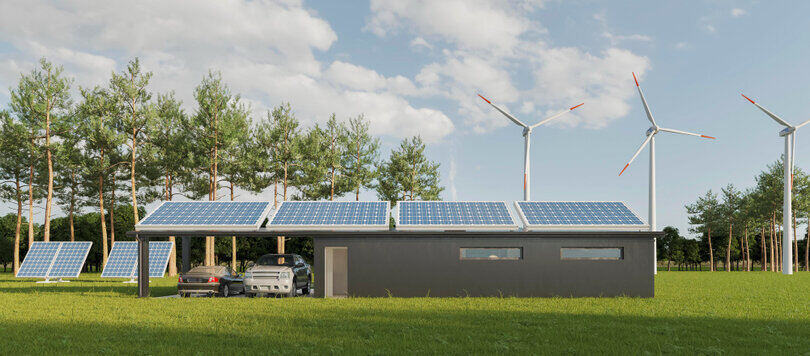
When it comes to ensuring a more sustainable future in today’s time, preserving what we have through natural means of conservation is decidedly crucial. The energy needs of a single person are theoretically constant but seem to vary in reality. This realization has led to more cautious use of the available natural resources to ensure universal availability and access even in remote areas of the world.
Using natural sources of energy like solar power, hydropower, and wind energy instead of burning fossil fuels is now prevalent in urban development projects to support the growth of sustainable cities.
On a small scale, people are contributing to this end by utilizing adequate energy/power for their daily living by cutting back on unnecessary usage of water and electricity. They have invested in solar panels, and those who can afford a wind turbine do, both of which create a homely generation of sustainable energy sources.
2. Water Conservation
Water conservation has been at the forefront of global sustainability initiatives in recent years, and the efforts have seen some positive results. Many countries have implemented infrastructure and policy changes to increase water efficiency and reduce water waste.
These range from structural alterations like water-recycling systems to systemic changes such as incentivizing farmers and ranchers to use more efficient irrigation systems. While much progress has been made, there is still lots of work to be done – particularly in developing countries where water resources are heavily strained due to population growth and poor infrastructure investments.
Fortunately, with improved technological knowledge and access, more communities are taking on the challenge of making their water sources more sustainable for future generations.
Many households now ensure proper systems for rainwater harvesting, installation of water-flow limiting faucets, and aerators to stem unnecessary wastage of water. Governments are leading the way by introducing laws and regulations promoting water-saving practices while numerous individuals now get themselves involved in conservation groups to help tackle water and sanitation issues by educating and raising awareness on water sustainability.
3. Responsible Consumption
Human consumption is another issue that radically affects the balance of poverty and accessibility of basic amenities like food and water across the globe. The goal of consuming responsibly is to ensure that people support not just themselves but also contribute to supporting local economies and businesses.
People are now more into responsible consumption, and this doesn’t just include shopping second-hand instead of brand-new items or opting for quantity over quality. Many now actively support local economic growth by choosing products that are sustainably sourced or originate from facilities that ensure fair trade production. In return, they’re able to reduce their carbon footprint substantially.
As conscientious consumers, the habit of switching to healthier dietary needs, buying locally, and simply paying attention to what’s consumed throughout the day is enough to get the ball rolling toward a greener world.
4. Eco-Friendly Traveling
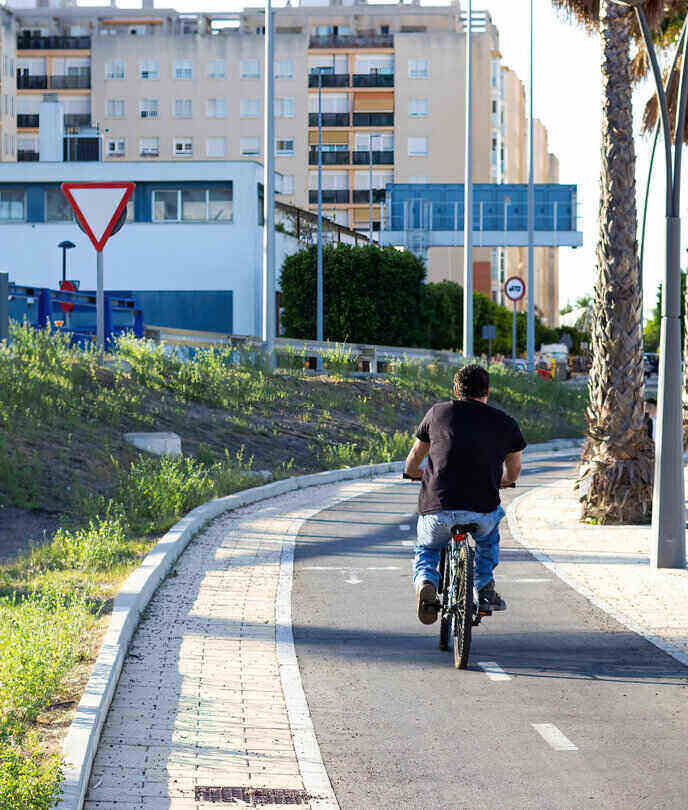
Another simple way that people fight climate change is through transportation, be it cycling, walking, or availing of local transport options.
People help nature thrive and tackle climate change, by ensuring their carbon footprint is minimal when they travel. Using transport like carpooling, and local trains for covering long distances, staying in accommodations that are certified green, being mindful of local customs, and reducing pollution wherever they travel are common practices.
5. Prospering Green Initiatives
There is no lack of ‘Going Green’ initiatives all across the world funded and supported by individuals mindful of protecting nature and achieving sustainability. From helping clear the plastic waste from frequently polluted streams and river banks to protecting local forest reserves and the habitat of numerous animals thriving in the wild, people are contributing to the better future of tomorrow.
It could mean anything from donating money, signing petitions, or volunteering time for environmental causes. It might even involve joining campaigns or protests that challenge existing systems and structures which contribute to climate change and environmental degradation. Alternatively, people are choosing to invest their money into projects and technologies that aim to reduce carbon emissions or are focused on clean energy solutions.
6. Reuse, Recycle, And Living Organically
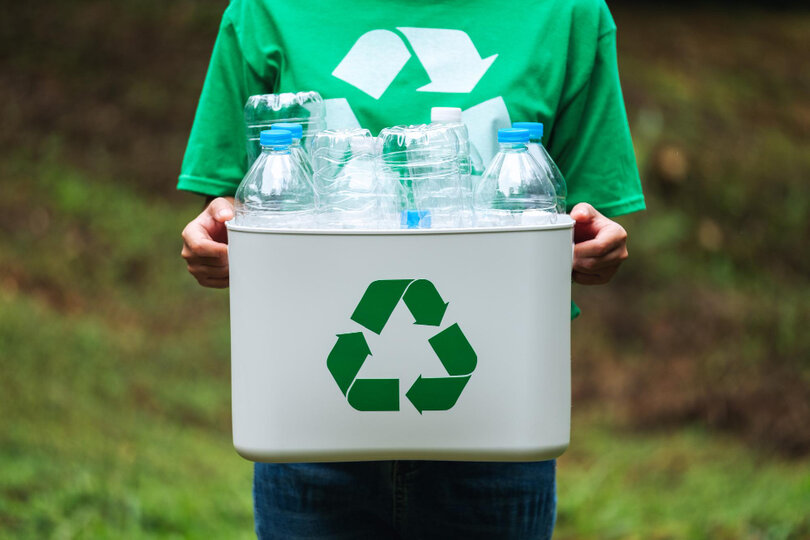
The Three R’s concept has been around long enough to drill the importance of sustainability for future generations into all that people do today.
Shifting to an organic lifestyle may be challenging initially, but people are adapting accordingly all around the world showing that it is possible, to begin with, small steps.
Plastic containers or glass bottles that cannot be reused are recycled instead of thrown away. This helps reduce landfill waste as well as conserve resources since it takes less energy to produce goods from recycled materials than from raw materials.
There are plenty of ways to recycle at home including setting up a compost bin or taking part in community recycling schemes as well as looking out for local initiatives that might need help.
7. Offseting Carbon Emissions
Carbon offsetting is an important aspect of sustainability as it allows individuals to be held accountable for their carbon emissions. It works by investing in projects that help reduce overall greenhouse gas emissions and therefore, reduce their contribution.
Offsetting carbon emissions helps to compensate for activities like flying, driving, or using electricity from sources that are not renewable energy sources. It also supports renewable energy projects and initiatives that aim to reduce our reliance on fossil fuels such as solar, wind, geothermal, and hydroelectric power.
People continue to invest in projects that focus on reducing the collective dependence on fossil fuels and investing in renewable energy sources to ensure that we have enough resources available for generations to come. Not only does this create a better future but it also gives everyone the opportunity to be part of something bigger — a lasting movement toward sustainability and environmental preservation.
8. Creating Active Awareness About Global Challenges
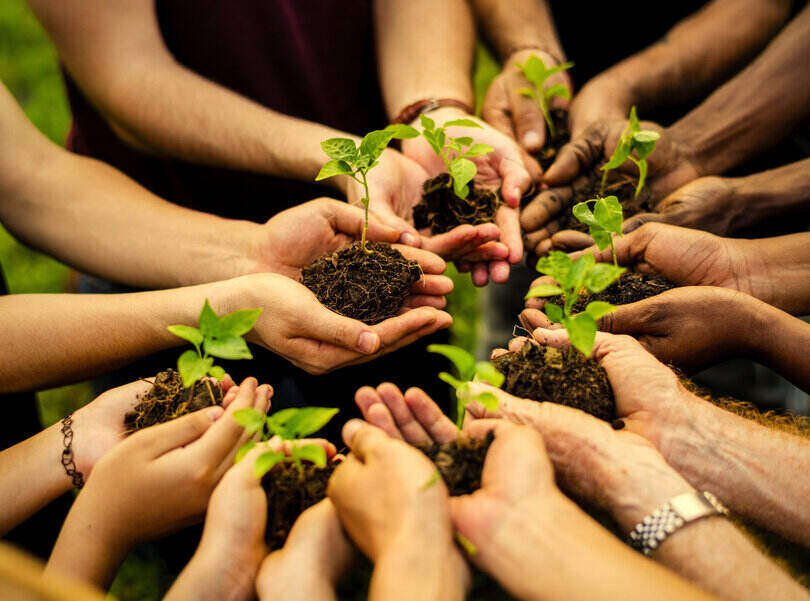
It’s important to remember that creating a sustainable future isn’t just about making changes individually – it’s about looping others into this effort too! People continue to educate themselves on current environmental issues and spread awareness through their social media platforms and amongst their friends and family members.
Whether it is joining local sustainability groups or volunteering with community initiatives related to sustainability efforts – there are plenty of ways to get involved! The more people who understand why sustainability matters and how they can play their part in achieving a greener future, the better the chances for success.
A Sustainable Future Is Within Our Grasp
A sustainable future is full of possibilities and one that many people are working hard to create. It’s a future where resources are managed responsibly, renewable energy sources are implemented, and humans act as good stewards of the planet.
We can see glimpses of what this world looks like in initiatives such as eco-friendly building practices, utilizing reliable public transit networks, and curbing our reliance on disposable materials— just to name a few.
Moving towards a sustainable future, we are already inventing new technologies and adapting existing ones to make them more environmentally friendly. Further follow-up measures include creating responsible consumption habits and empowering communities to contribute their innovative solutions.
You can start contributing your efforts in fulfilling the sustainable development goals today by registering with Carbon/Neutral. It may be tough to completely nullify your CO2 emissions, but Carbon/Neutral helps you give back responsibly.
The Smart Footprint Estimation tool will help you figure out your carbon footprint based on your categorized spending data. Next, an intuitive dashboard will show which of your spending habits contributes more to carbon emissions, and will highlight the areas you can improve.
All you have to do is register for a monthly Automatic Offsetting Donation service, that by default will make donations on your behalf, toward the carbon-offsetting project you choose based on your carbon footprint for the month. Reach out to Carbon/Neutral today and choose from among various environmental causes to get started toward sustainable living.
